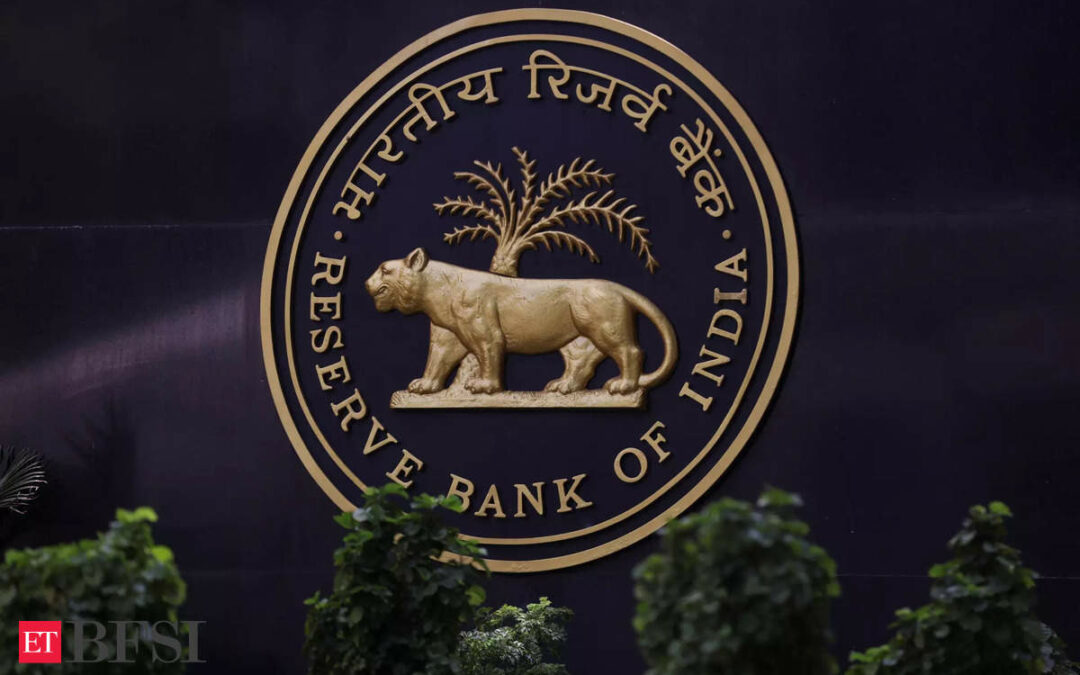By Dharamraj Dhutia
MUMBAI – Indian lenders want the Reserve Bank of India (RBI) to ease banking system liquidity conditions as overnight cash rates have exceeded the key policy rate for over five months, according to treasury officials, whose suggestions will be shared with the RBI before a policy meeting next month.
With inflation expected to ease going ahead, lenders are hopeful the central bank will loosen liquidity and possibly move it into a surplus as elevated rates are hurting them.
Banks made these suggestions to industry body Fixed Income Money Market and Derivatives Association of India (FIMMDA) on Wednesday.
Officials from FIMMDA were not immediately available for comment, and did not respond to a Reuters query.
The RBI tightened banking liquidity from the middle of 2023 to quell inflationary pressures, and after banks were flush with cash due to a withdrawal of 2,000-rupee currency notes.
The central bank’s rate-setting panel had already raised the benchmark policy rate by 250 basis points between May 2022 and February 2023 to 6.50%, as it unwound the pandemic-era stimulus and sought to curb inflation.
India’s banking system liquidity deficit is currently around 2 trillion rupees ($24 billion), pushing the weighted average interbank lending rate to near 6.75%.
As liquidity tightened, the RBI stopped withdrawing cash from the banking system through variable rate reverse repos.
It now lends cash to banks via intermittent auctions, like a three-day, 500-billion-rupees variable rate repo on Friday.
Treasury officials expect the quantum and frequency of these repos to be raised going ahead.
“There is a dearth of durable liquidity in the market and the RBI will have to address that by conducting variable rate repos regularly,” a senior treasury official at a state-run bank said.
“We think that the 14-day VRR will be the preferred liquidity infusion tool for the RBI in this quarter.”
The RBI rate-setting panel’s next policy decision is due on Feb. 8.
($1 = 83.1176 Indian rupees)
(Reporting by Dharamraj Dhutia; Editing by Mrigank Dhaniwala)










